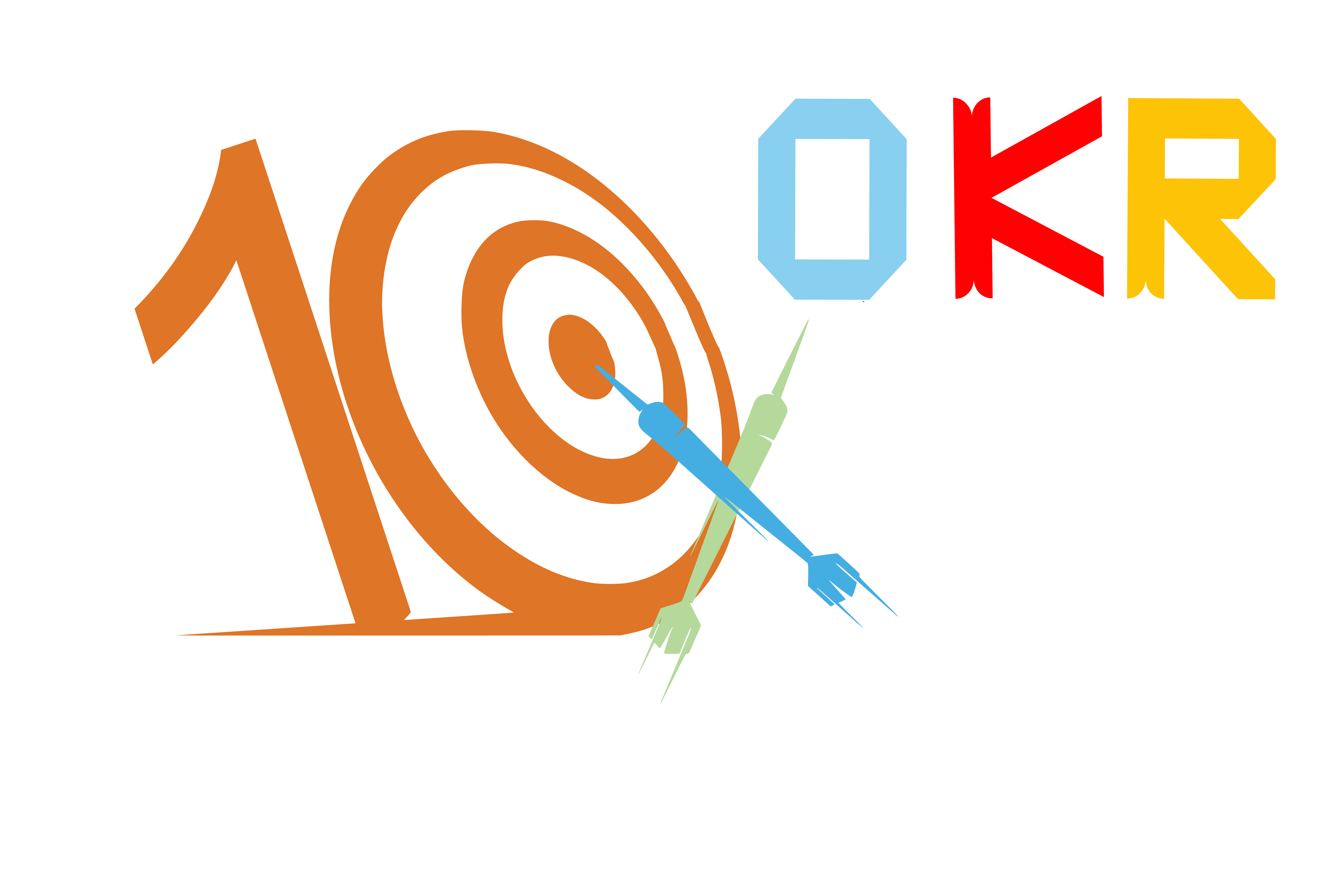Table of Contents
A Project Manager’s Guide to Success
In the late 1980s, Microsoft was about to inaugurate one of its pioneer projects when suddenly, there was a setback. When looking for solutions to overcome it, Microsoft came up with a timely thought. They appointed one person involved in the project to oversee the problem. They gave him the authority to take decisions and remove any impediments coming their way. The leader was able to curb the problem and enable smooth work dynamics.
Microsoft made this new role predominant for all their projects. Hence, the project managers!
Project managers and what they do!
They are people who understand projects completely and possess the extended skill set needed to supervise the planning, implementation and conclusion of the same. Their primary role is to be able to coordinate and manage numerous components of the project and drive their team towards the finish line. Project managers should carry certification in project management.
A good project manager is always aware that the project’s success or failure is solely their responsibility. And they make sure they try their best to make the end result fruitful.
Project managers have a seamless flow of knowledge and information. They require the technical finesse of tasks to communicate effectively with their team regarding the project’s progress. A project manager’s skill set should be diversified in every project.
1. Activity and Resource Planning
Planning is instrumental in going about anything. As far as projects are concerned, many fail due to improper and unorganised planning. A project manager should define the scope for the availability of the required resources. They should be able to perceive their teammates’ capabilities and set time estimates accordingly. Day-to-day looking over and validating that the day’s tasks are complete can be overseen by the project manager.
Successful project managers should be able to create a succinct path for the smooth functioning of the projects. If any adjustments are needed, project managers should be able to carry them out.
2. Organising and motivating a project team
Project managers must be able to delegate work and avoid making the team feel bogged down with inordinateness. They should develop clear and precise plans which drive the team to work to their full potential. This inflates their problem-solving skills. Project management tools – Plan, track, execute, and report are useful while organising team management. Collaboration within the team also enhances their chances of being organised and motivated.
3. Controlling time management
There are a few pointers that project managers should follow to make sure that time is well managed during projects and also that it is completed within the stipulated time.
Creating a project schedule is the first step in. This enables the Project manager to identify all the tasks that need to be completed and the time required by each of them. Once the schedule is formed, the following step is assigning tasks to the team members.
This helps each of the team members know their individual responsibility. Tracking the progress of the project will help to find any potential problems. A good project manager will also be able to communicate with the stakeholders and keep them updated about the progress of the project.
4. Cost Estimating
Project managers should be mindful of the budget plan for the project. Exceeding them may also result in project failures. A successful project manager must ensure they optimise the provided resources, check for resource gaps and constraints and make the necessary adjustments to meet project requirements. They must help the teamwork within the estimated budget. They should also constantly do budget reviewing to avert massive budget overruns.
5. Customer satisfaction
One of the key responsibilities of every project manager is to get to know the stakeholder’s interests and start establishing effective communication. This enables the project managers to manage their expectations and conform to them. Keeping the stakeholders updated is indispensable.
They can involve them in the project as much as is reasonably possible. To effectively resolve customer problems, you must be proactive. This entails contacting the client before they raise a grievance. And a good project manager should be mindful that it is within their realm to ensure all this is done.
6. Analysing and managing project risk
The bigger the project is, the prospects of risks are even bigger. A good project manager will be able to identify potential risks and uncertainties that could possibly impact the end result. They are an inevitable part of projects. To avoid that, project managers should be able to identify the risks or risk factors and meticulously strategise ways to curb them. If not, try to minimise the impact that it would cause.
7. Monitoring progress
After the project plan is approved, the project manager oversees the progress to ensure tasks are completed as planned. The project deliverables must meet the defined quality standards and requirements. However, the process could be smoother. If things don’t go as planned, the project manager should analyse and implement quality control measures, conducting regular interviews and inspections to address quality concerns.
8. Managing reports and necessary documents
Finally, experienced project managers know how essential final reports and proper documentation are. Project managers must present an extensive report that all project requirements were gratified, including what was done and who was involved.
Project managers may improve decision- making, spot potential issues before they become bigger ones to handle. They need to interact with stakeholders more successfully by keeping track of all the pertinent information.


In conclusion
Project management is indispensable to successful businesses, and business owners need leaders with the right vision, skills, and know-how to face the biggest challenges and ensure projects are completed successfully and according to schedule.
In the debate about whether we’ll need a project manager or not, we can be sure that having one might not be unfavourable. Having someone reliable and consistently maintains efficiency and productivity will only aid in fruitful and successful project completion.



